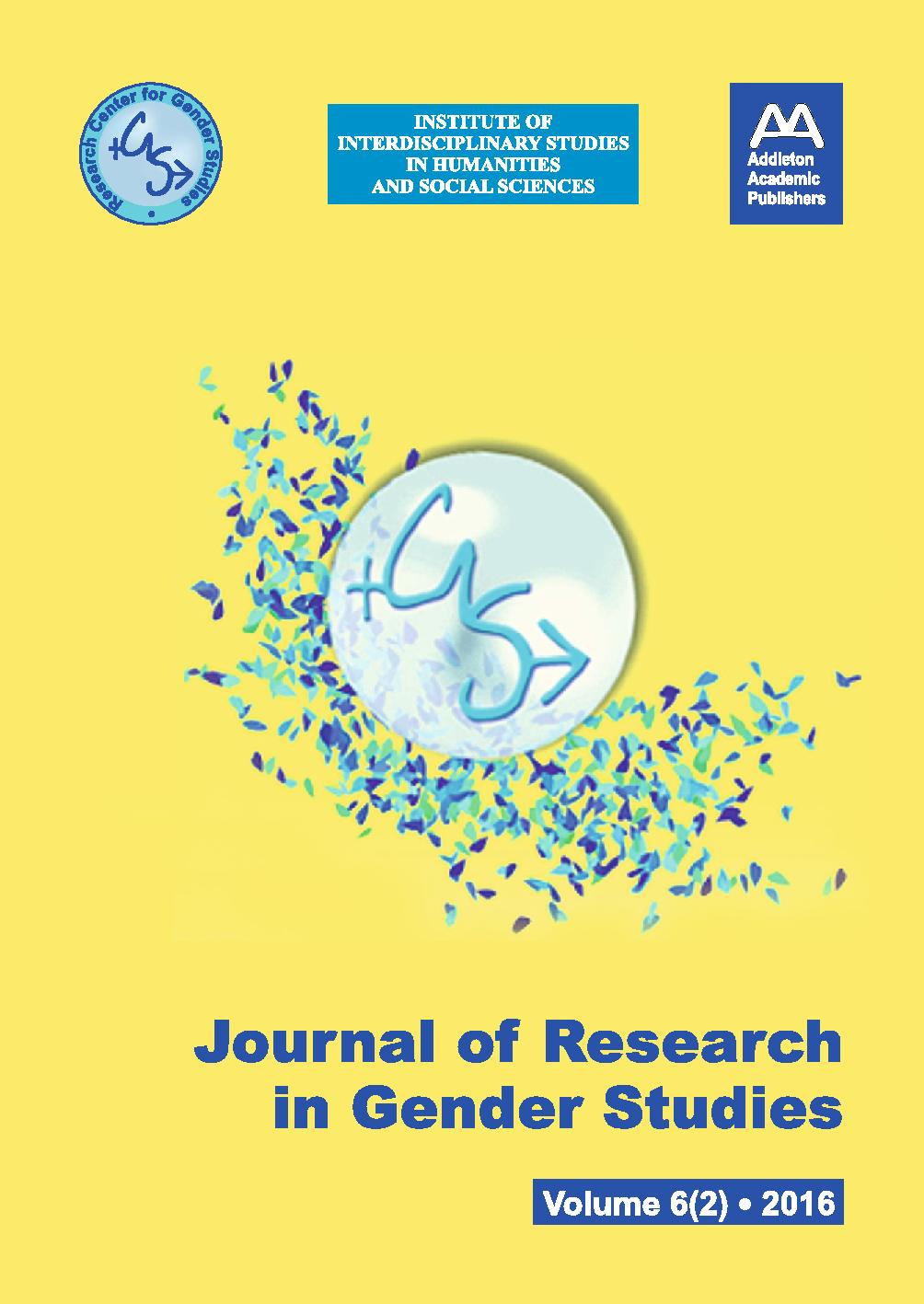GENDER INEQUALITY AMID EDUCATIONAL EXPANSION IN INDIA: AN ANALYSIS OF GENDER DIFFERENCES IN THE ATTAINMENT OF READING AND MATHEMATICS SKILLS
GENDER INEQUALITY AMID EDUCATIONAL EXPANSION IN INDIA: AN ANALYSIS OF GENDER DIFFERENCES IN THE ATTAINMENT OF READING AND MATHEMATICS SKILLS
Author(s): GREGORY WHITE, MATT RUTHER, JOAN R. KAHN, DIAN DONGSubject(s): Gender Studies, Education
Published by: Addleton Academic Publishers
Keywords: gender; India; education; inequality; reading; mathematics;
Summary/Abstract: This article analyzes gender differences in the attainment of reading and mathematics skills among Indian children ages 8–11 using data from the 2005 India Human Development Survey. This dataset, collected at a time when India was nearing universal educational enrollment and gender parity in primary education, provides an opportunity to investigate areas of persistent gender inequality against a backdrop of rapid educational expansion. Employing descriptive statistics and ordered logistic regression techniques, this study examines how social background, access to learning resources, time devoted to formal learning activities, and cultural attitudes are associated with areas of continued gender inequality in learning outcomes. We hypothesize that gender inequality persists in social contexts characterized by traditional attitudes regarding the education of girls that lead certain parents to prioritize sons’ education over daughters’ education. Educational inequality may also be due to a hidden opportunity cost of engaging girls in activities (e.g. providing childcare for younger siblings) that have economic value for the family, particularly for girls in rural areas and from the lowest income families. The results provide some evidence to support these theories. Relative to boys, the presence of younger siblings reduces the likelihood of girls advancing in both reading and mathematics. In addition, higher levels of household assets increase the likelihood of girls advancing in reading. Unfortunately, mixed findings related to rural/urban status provide less insight than desired regarding this factor. Finally, attitudes supportive of female education are found to benefit girls’ reading achievement.
Journal: Journal of Research in Gender Studies
- Issue Year: 6/2016
- Issue No: 2
- Page Range: 153-182
- Page Count: 30
- Language: English
- Content File-PDF

